Introduction
Cities after a disaster take a lot of time to rebuild to the state it was. During this process, the complete funds do not reach the destined target, the heritage is lost through the process. Sometimes, the big players manage the redevelopments neglecting the community interests. This blockchain concept is to set up an organizational platform to decentralize and build a bottom-up solution.
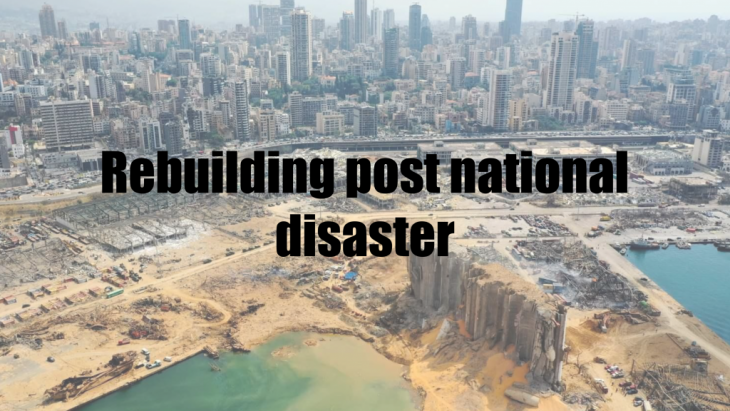
Challenges
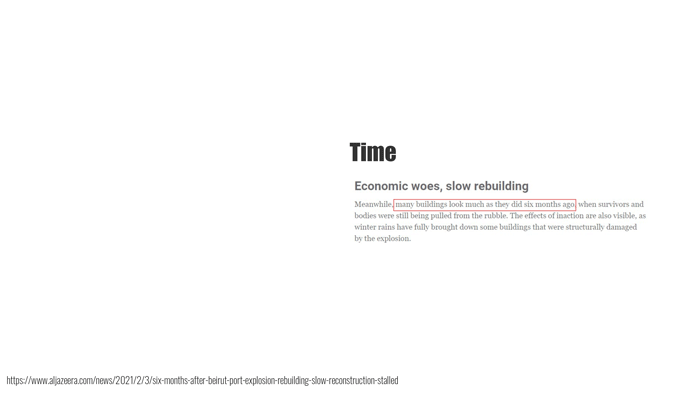
Blockchain Organization
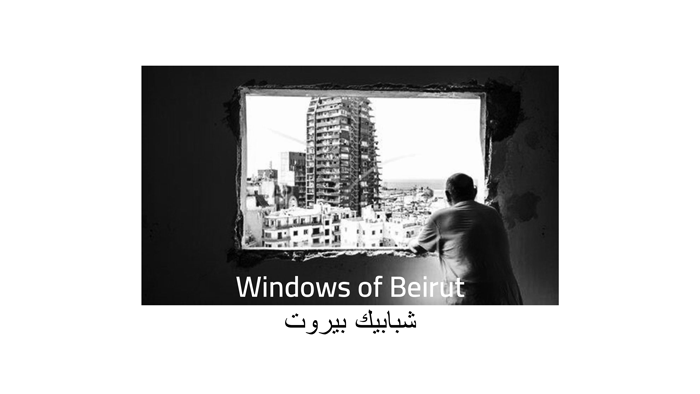
Windows of Beirut is a test platform built in order to rebuild the harbor area from the explosion that happened in Aug. 2020. This blockchain technology tackles the issues of corruption, time, equality, and community participation. It functions as a fundraising and distribution platform.
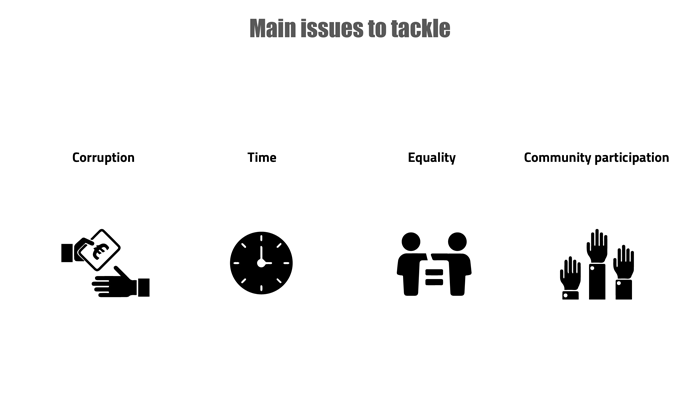
The main target user is the UN, who would set up and manage this platform, which incentivizes people to donate with more trust, reduce admin work, and more efficient distribution of resources. This platform has few off-chain and on-chain processes. It targets three major groups – Donors, the local NGOs acting on the ground, and the Beneficiaries.
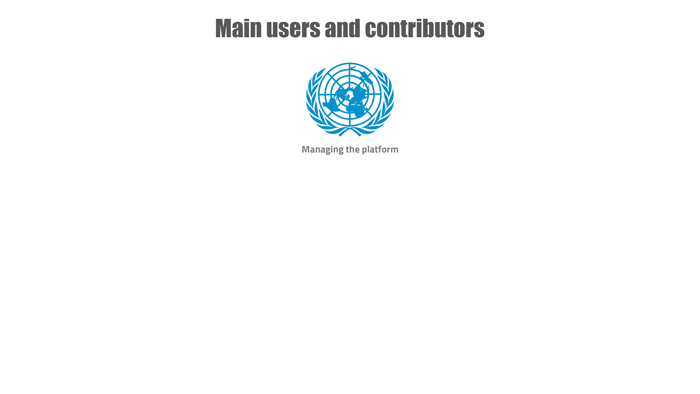
Off-chain
The first target is to register trusted NGOs to the platform, who perform different activities on the ground. This happens to a certification process, and the NGOs have to follow certain guidelines to obtain it. This certificate establishes their accountability for the entire process of rebuilding.
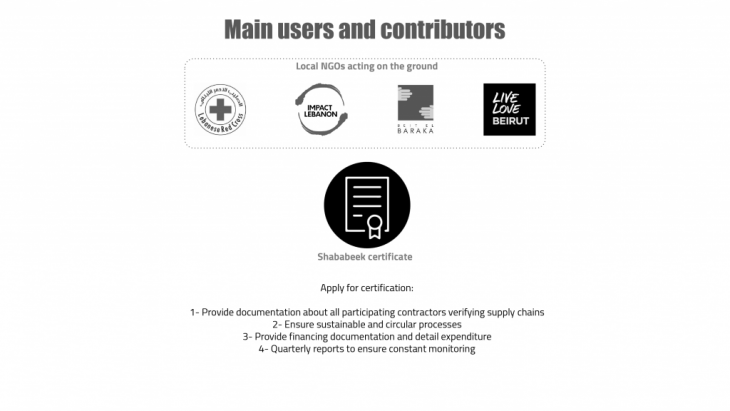
Beneficiary registration and uploading of the damage form and pictures is the second process happening on the platform. To speed up the process, applicants verify each other. Upon verifying 5 other applications each beneficiary receives a voting token to take part in the decision-making process (on-chain process).
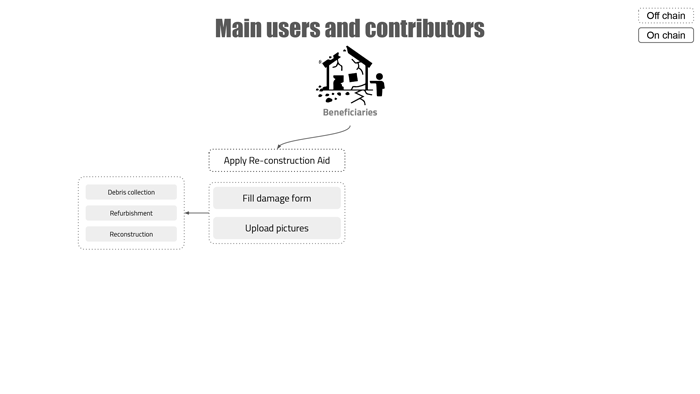
On-chain
Blockchain organization set-up process.
We created certain accounts on metamask to carry out test transactions to systemize the working of the platform.
Safe
For the purpose of handling different accountability of the funds and tokens distribution, four different safes are created. Owners and signatories are defined based on the type of activity being carried out.
DAO – Fundraising and Enterprise
Fundraising –
This organization is to collect funds from the donors and benefit them with the accountability on where their funds are being utilized. Here, the fiat money is converted to new tokens; each token value is a fixed amount for replacing a window. A donor contributing money for 10 tokens gets access to the financial details for the money denoted.
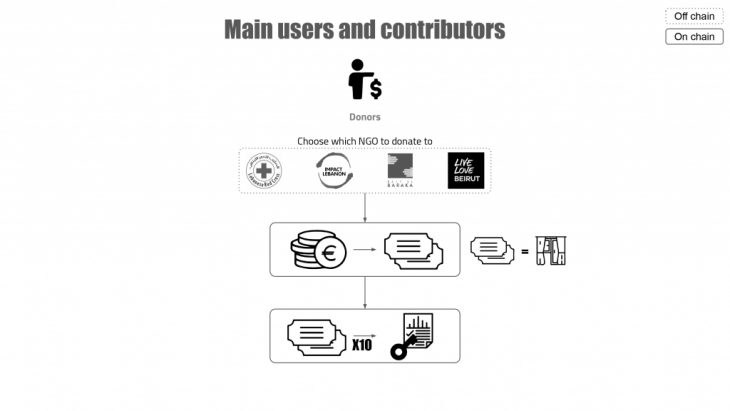
Enterprise –
This particular organization in blockchain gives advantages on managing fund allocation, giving rewards, and voting for beginning any new projects. Here the main organization and the NGOs are the top users and hold Shebbak_Token (SBKT), this allows the organization to set up the funding allocation and initiation of the projects. To get a community opinion, they can buy in using the token sent to the registered beneficiary, to vote for any project initiation raised on the platform.
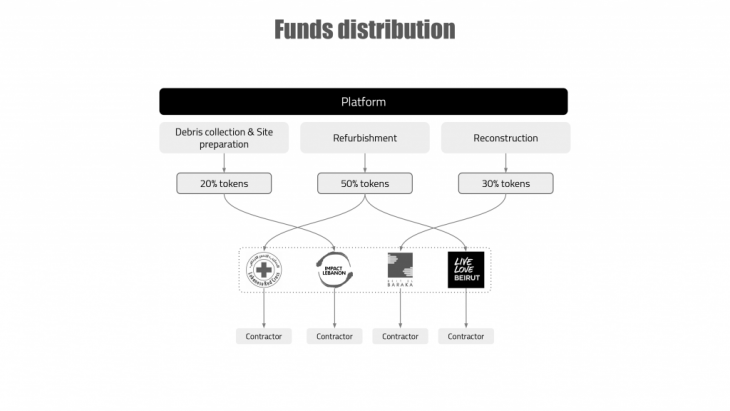
In the end upon the completion of the project, the contractors exchange utility tokens and they can value that for real money in the market.
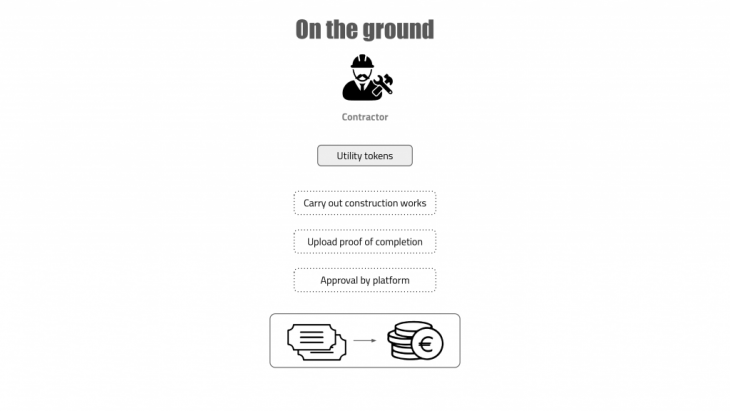
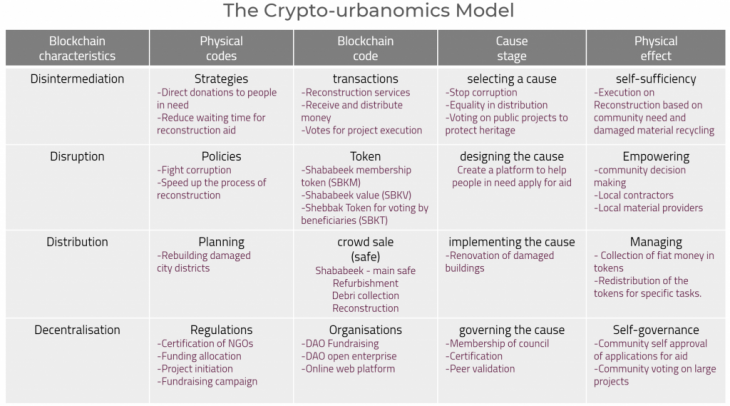
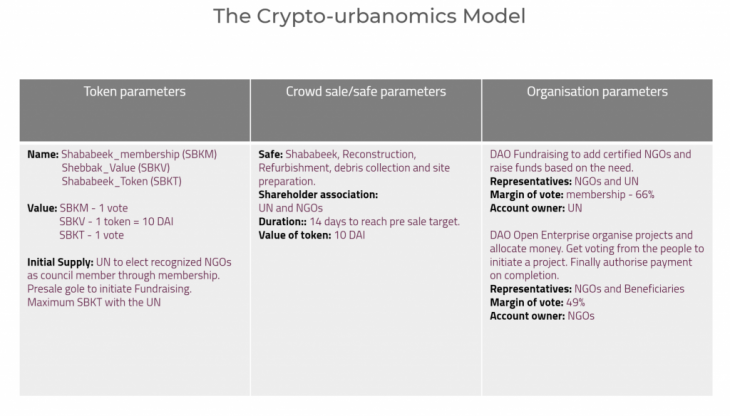
Conclusion
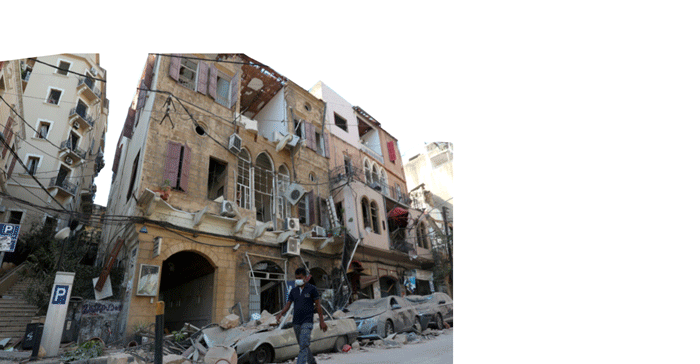
Windows of Beirut is a project of IAAC, Institute for Advanced Architecture of Catalonia developed at Master in City & Technology in 2020/21 by students: Leyla Saadi & Sridhar Subramani and faculty: Maria-Luisa Marsal Llacuna